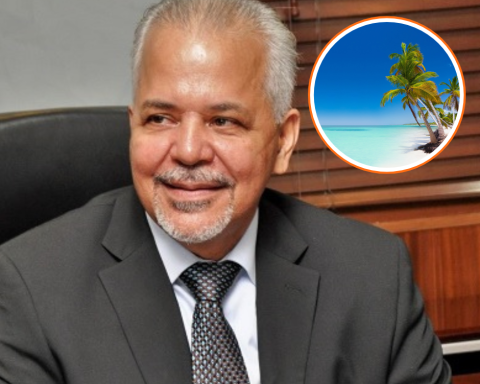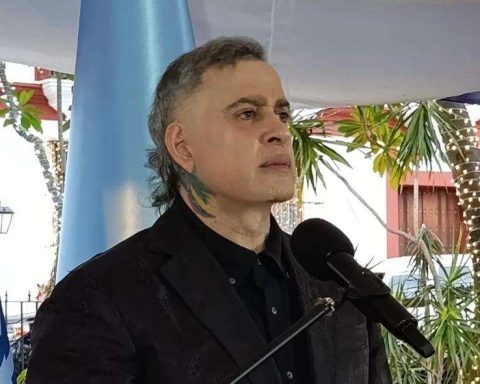Washington, Feb 1 (EFE).- Depression, domestic violence, anxiety, suicides… Latin America already had “a debt” with mental health before the covid pandemic and this has only increased in recent years, in the words of the director of Health of the World Bank, Juan Pablo Uribe.
“There is great interest in increasing direct investment in mental health programs. This is going to be one of the great emergencies in our countries,” he admitted in an interview with EFE at the agency’s offices in Washington.
The key, for the expert, is to accompany people in their own communities instead of admitting them to specialized centers, a recommendation that they share with the World Health Organization (WHO) and that stresses the need to reinforce care elementary school after the pandemic.
The former Colombian Health Minister detailed how covid-19 has hit Latin America, in part, due to the fragility of its health systems, which forced the interruption of many essential services for longer than other countries.
These deficiencies led the continent “to suffer a greater excess mortality” than in other regions, and in its reconstruction and reinforcement lies the key to preventing the worst effects of future pandemics, said the expert.
“It is tremendously important that, as we emerge from the covid, we are able to really learn the lessons,” said Uribe, emphasizing the importance of equity in access to health.
“The biggest determinant of the disease is poverty, vulnerability, exclusion,” he added, and recovering essential services such as vaccination, tests to detect cancer or investing in universal health coverage are fundamental steps to rebuild a resilient system.
A UNIVERSAL HEALTH
Ensuring this reinforcement of primary health requires that the highest-income countries do their part to finance the reconstruction of the health systems most affected by the pandemic, which would also protect the world against future emergencies.
“A large part of this agenda is regional and global, not national,” Uribe explained.
The Colombian doctor cited the pandemic fund approved by the Bank in September of last year as an example, with which the institution will seek to strengthen “the capacity for prevention, preparation, and response in areas such as surveillance of zoonotic diseases, laboratories, communication, coordination and emergency management.
Countries such as Germany, China and the United States, and organizations such as the Bill and Melinda Gates Foundation or the Rockefeller Foundation have already pledged to contribute up to 1.4 billion dollars, a figure that the development bank expects to increase in the coming months.
Its Board of Directors will also be advised by the WHO to determine where to make the most effective investments.
HEALTHY TAXES
Beyond external financing, one way to increase investment in health is “healthy taxes”, which tax harmful products such as tobacco, alcohol or sugary drinks.
For Uribe, these rates can “increase resources for a sector while reducing spending needs,” since they improve the health of the population.
Although the expert conceded that its implementation must take into account the economic, political and social realities of each country, Latin America is a good example of a region where taxes on sugary drinks can do a lot of good, due to the high rates of sedentary lifestyle and increasing obesity and overweight.
These types of measures also have a significant effect on equity, since their impact on the poorest and most vulnerable communities is usually much higher, Uribe explained.
“Tobacco taxes have been gradually progressing over decades. The same can be done with other healthy measures in a progressive way »he confided. EFE















